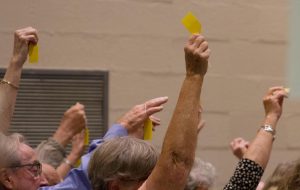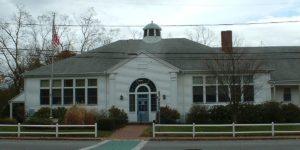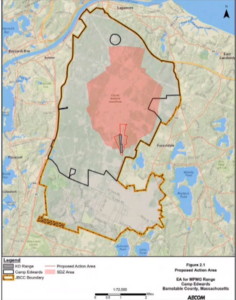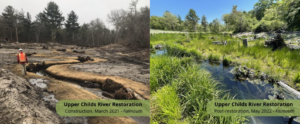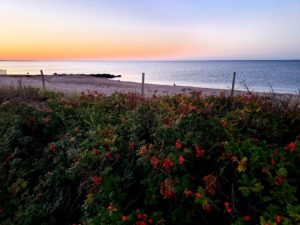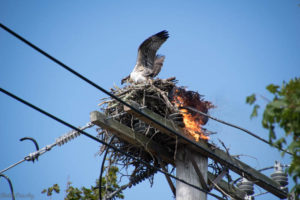
Barnstable Great Marsh. CapeCod.com
HYANNIS – The Association to Preserve Cape Cod has received $15 million dollars from NOAA to support projects restoring habitat and fostering climate resilience.
The following is the full statement from the Association:
The Association to Preserve Cape Cod (APCC) has been awarded $15 million from the National Oceanic and Atmospheric Administration’s Transformational Habitat Restoration and Coastal Resilience Grant to support planning, design, and implementation of five projects on Cape Cod.
APCC’s Ecosystem Restoration Program will lead this effort, working in close collaboration with the Mashpee Wampanoag Tribe, Waquoit Bay National Estuarine Research Reserve (WBNERR), the Harwich Conservation Trust, the Compact of Cape Cod Conservation Trusts, the towns of Dennis, Mashpee, and Falmouth, and other local and regional partners engaged on these projects. Collectively, the project partners have leveraged an additional $5.25 million in funding to complete this work.
“APCC has spent the past 50 years building our scientific expertise, capacity, and partnerships, making us the leading environmental nonprofit in our region,” said Andrew Gottlieb, APCC executive director. “This award is the culmination of much of that effort and will support the environmental and clean water initiatives we continue to advocate for on Cape Cod.”
The funding will support salt marsh restoration at Weir Creek in Dennis and Oyster Pond in West Falmouth along with river and cranberry bog restoration at Hinckleys Pond in Harwich, Red Brook on the Mashpee/Falmouth border, and the upper Quashnet River in Mashpee. These projects also are intended to complement priority fish passage restoration supported by the USDA Natural Resources Conservation Service and the Cape Cod Conservation District. This includes replacement or improvement of the fish passage structure at John’s Pond on the Quashnet River upstream of the former bogs, as well as four structures along the Herring River in Harwich both upstream and downstream of Hinckleys Pond. Together these projects will restore habitat, connectivity and improve resilience from the headwaters to our coastal estuaries.
“Funding of this nature is truly transformative,” said April Wobst, APCC restoration program manager. “Multi-year funding of this scale is unique and hard to come by. Most project teams spend years working through planning, design, and permitting, working hard and often with delays while trying to cobble together funding from multiple sources to complete each phase of work. At APCC our goal is to fill critical gaps in capacity and funding, and with this award we are able to secure funding to support these five projects over the next four years to see them through to completion.”
Community engagement and outreach are an integral part of the project, with the goal of supporting improved collaboration, community input, and capacity building across the Cape’s coastal communities. The Red Brook River and Quashnet River and their outlets, Hamblin Pond and Waquoit Bay, are part of the Mashpee Wampanoag Tribe’s ancestral homelands. Working closely with the Mashpee Wampanoag Tribe and WBNERR, APCC will support a community visioning process to gather targeted input to help shape the restoration plan for these two projects in particular.




